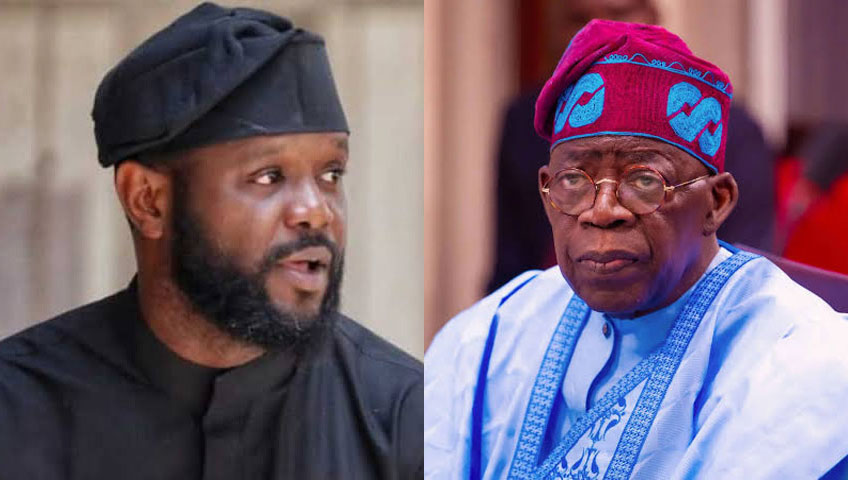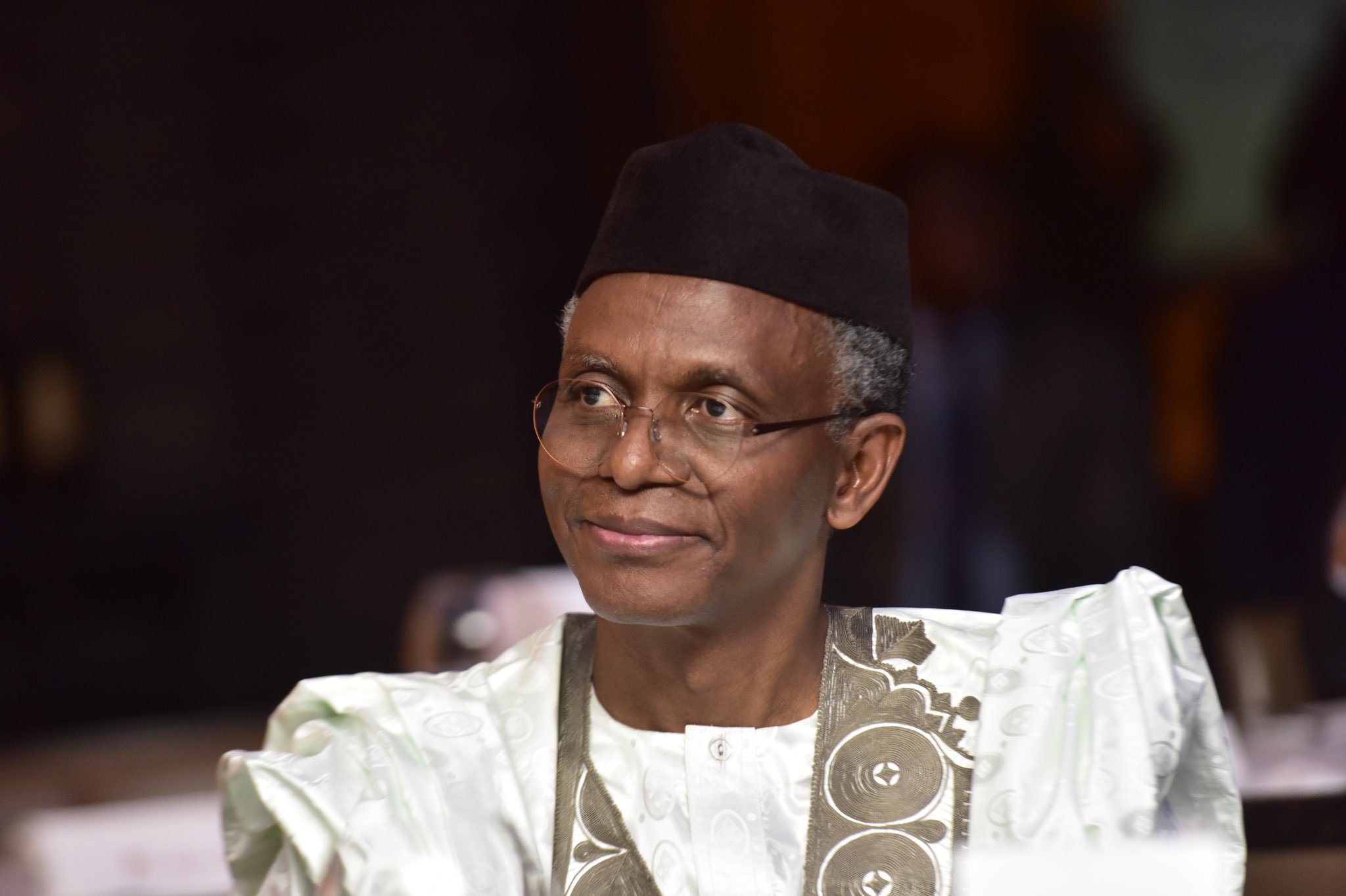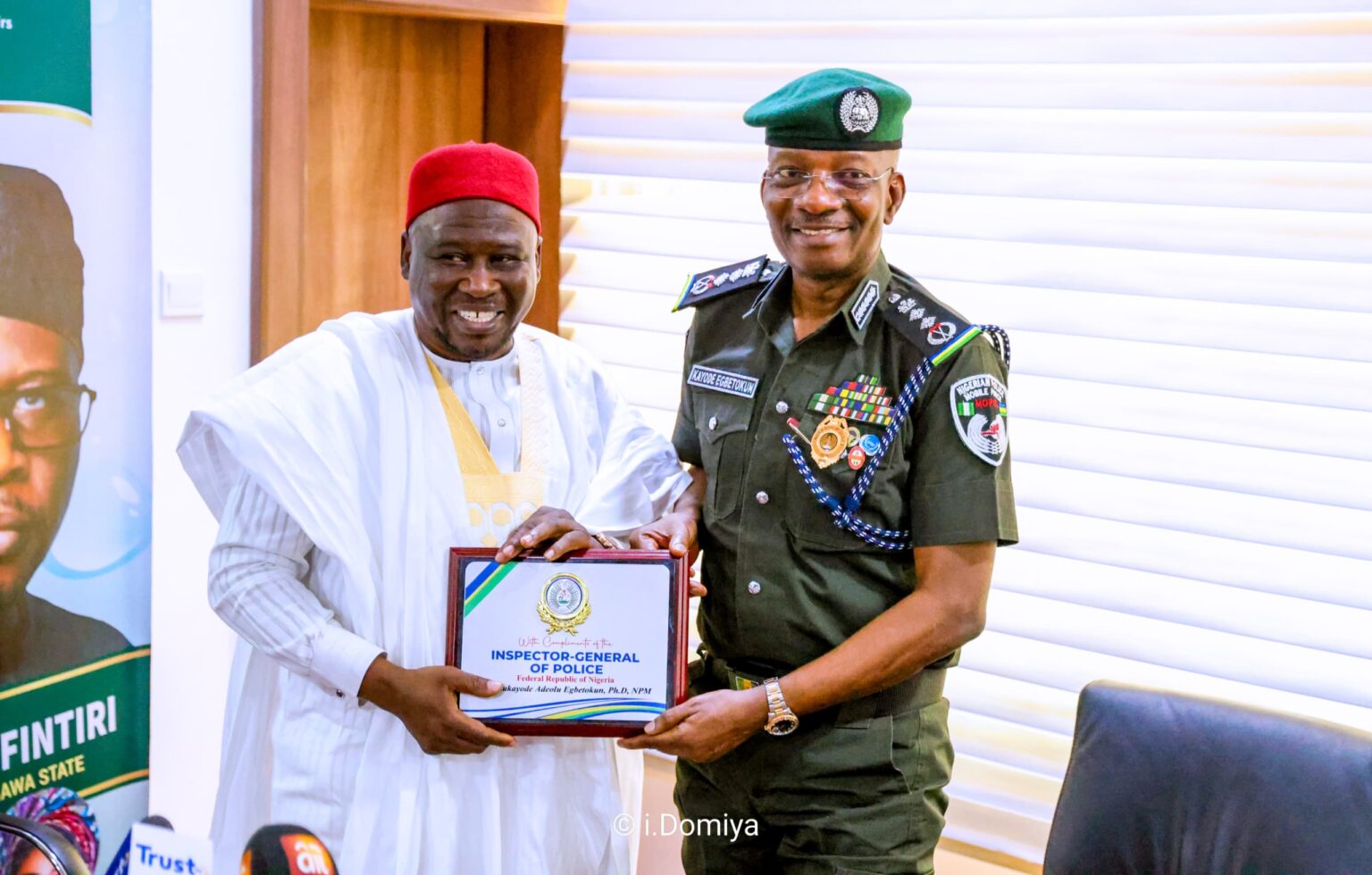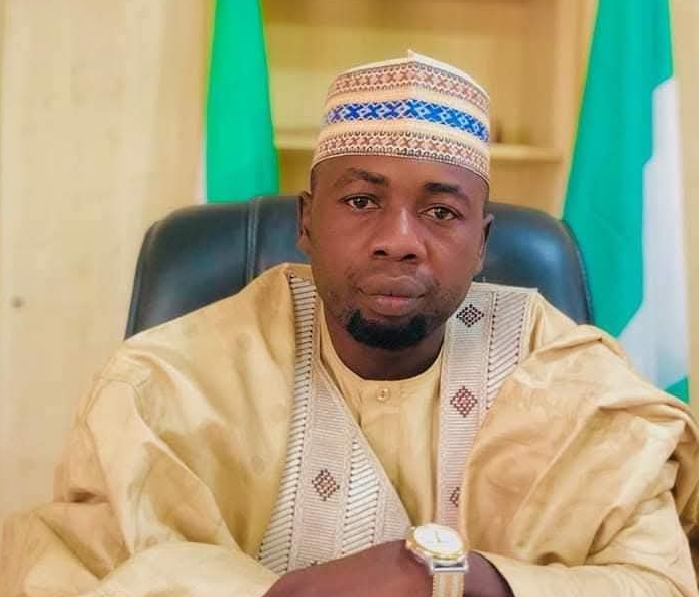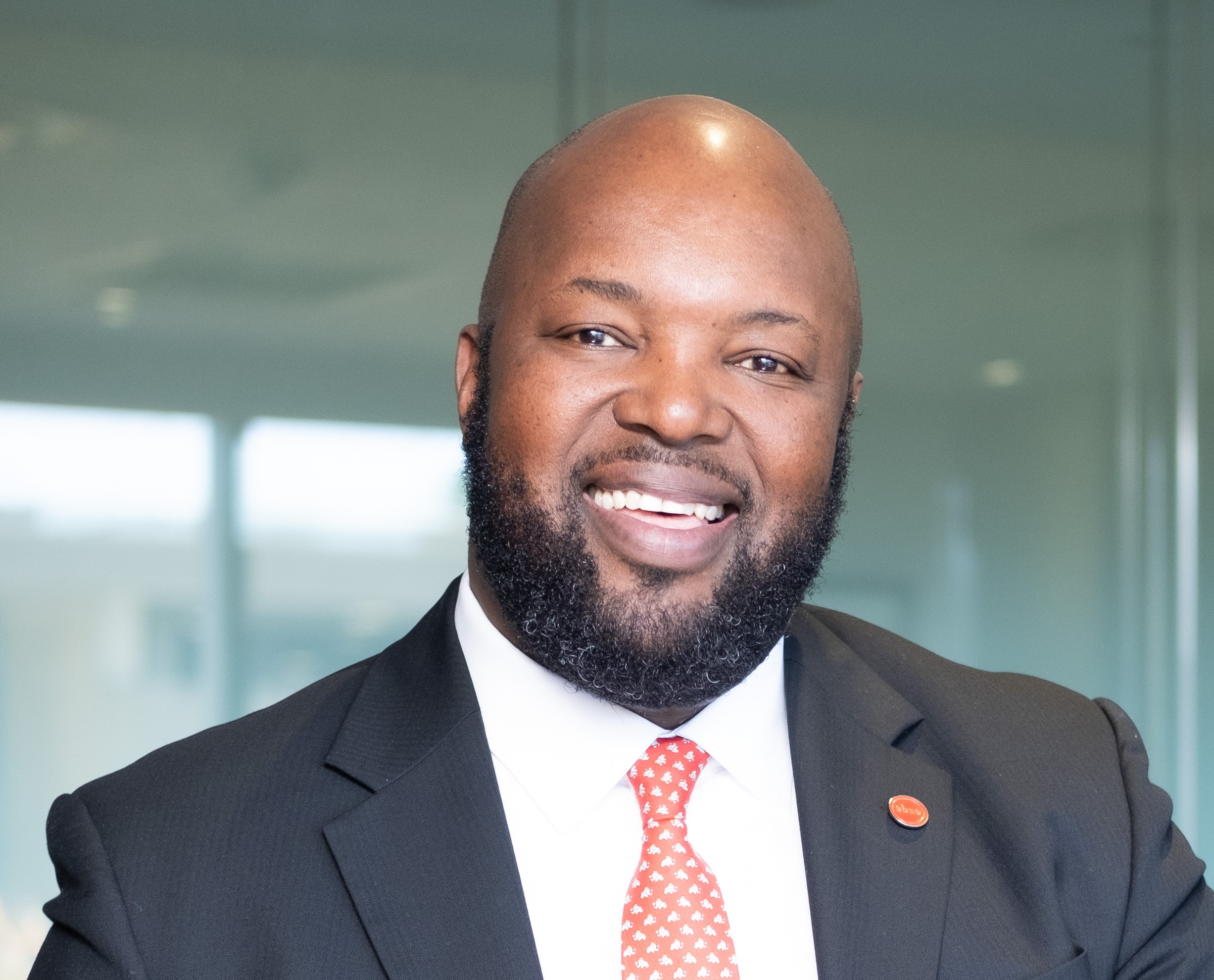
By Sani Danaudi Mohammed
The Nigerian media has been abuzz with the news of Governor Bala Abdulkadir Mohammed’s justification for building and renovating churches in Bauchi State. While some have expressed discontent with his statements, it’s essential to look beyond the headlines and appreciate the governor’s commitment to promoting interfaith harmony. By building and renovating churches, Governor Mohammed is recognizing the rights of Christian citizens to worship freely, setting a shining example for other leaders to follow .
Rather than focusing solely on the governor’s actions,Nigerian Muslims should indeed ask other Christian governors to extend similar gestures in their states, promoting interfaith harmony and inclusivity. Although, Governor Mutfwang of Plateau State has said to have committed resources to renovate the Jos Central Mosque, following in the footsteps of Governor Bala Abdulkadir Mohammed of Bauchi State, who built and renovated churches.This reciprocal approach can foster greater understanding and cooperation between different faith groups.
The decision of Governor Bala Abdulkadir Mohammed to build and renovate churches in Bauchi State has sparked criticism from some quarters who are struggling to separate politics, governance, and religion. Understandung these concepts will certainly change their thinking. Politics refers to the art of governing a society, often involving negotiations, compromises, and power struggles. Governance, on the other hand, is the process of decision-making and implementing policies that impact citizens’ lives. Religion is a set of beliefs and practices that guide individuals’ spiritual lives.
In an ideal society, these three concepts should complement each other. Governance should ensure justice, fairness, and equity for all citizens, regardless of their religious affiliations. Politics should facilitate inclusive decision-making processes that consider diverse perspectives. Religion, in turn, should promote values like compassion, tolerance, and understanding. However, when politics, governance, and religion become intertwined, it can lead to favoritism, discrimination, and social unrest.
However, the governor’s actions can also be seen as a step towards promoting inclusivity and equality. By recognizing the rights of Christian citizens to worship freely, he is upholding the principles of justice and fairness. This move can also be viewed as a political gesture aimed at promoting social cohesion and stability in the state. Ultimately, the relationship between politics, governance, and religion is complex, and leaders must navigate these dynamics carefully to ensure that all citizens are treated with dignity and respect.
Religious and tribal injustices have long plagued Nigeria’s development, influencing the decisions of governors and perpetuating inequality among citizens, creating social unrest. However, Governor Barewa Bala Mohammed of Baanza State has set a shining example by building and renovating churches in his state, recognizing Christians as equal citizens with rights.
This bold move has earned him widespread acclaim and recognition, and rightfully so, as it promotes unity and understanding. But the gesture shouldn’t stop there, as it requires collective effort. The Christian governors across Nigeria should take a cue from Governor Mohammed’s selfless actions and reciprocate by building mosques and renovating existing ones in their respective states, fostering harmony.
By doing so, they would demonstrate a genuine commitment to inclusivity, equality, and social justice, recognizing the rights of Muslim citizens to worship freely without fear. This gesture would also foster greater understanding, tolerance, and peaceful coexistence between different faith groups, helping to break down the barriers that have long divided Nigerians, creating mistrust.
Governor Mohammed’s visionary actions have shown that leadership is not just about making decisions, but about making a positive impact on people’s lives, leaving a lasting legacy. By emulating his example, Christian governors can help create a more harmonious, equitable, and just society, where every citizen feels valued, respected, and protected.
The benefits of such an approach are numerous and far-reaching. For one, it would help reduce tensions, conflicts, and violence between different faith groups, creating a more peaceful and stable environment, conducive to growth. It would also promote greater understanding, cooperation, and mutual respect, as people from different backgrounds come together to build and maintain places of worship, fostering unity.
Furthermore, this gesture would demonstrate a commitment to justice, equality, and human rights, recognizing the rights of all citizens to worship freely, regardless of their faith or background. It would also send a powerful message that Nigeria is a country that values diversity, promotes inclusivity, and celebrates its rich cultural heritage, attracting international recognition.
In a country where religious and tribal divisions have long been exploited for political gain, Governor Mohammed’s selfless actions are a breath of fresh air, offering hope for a brighter future. By emulating his example, Christian governors can help create a new narrative, one that promotes unity, understanding, and equality for all, fostering national cohesion.
His decision to build and renovate churches in Bauchi State is a laudable gesture that echoes the foundations laid by Nigeria’s past leaders, such as Sardauna, Tafawa-Balewa, Zik, and Awolowo. These leaders were known for their commitment to promoting unity and providing opportunities for all citizens, regardless of their faith, tribe, or region. By emulating their example, Governor Mohammed is demonstrating his dedication to fostering a harmonious and inclusive society.
Rather than facing criticism, Governor Mohammed’s actions should be applauded and recognized as a step in the right direction. His commitment to promoting interfaith harmony and equality is a shining example for other Christian leaders to follow. By celebrating his efforts, we can encourage more leaders to prioritize unity and inclusivity, ultimately building a more just and equitable society for all Nigerians.
To me, Governor Bala Mohammed is challenging other leaders to recognize the distinction between politics, governance, and religion, and to follow his lead in promoting inclusivity and equality. By doing so, he’s emphasizing that governance should be about serving all citizens, regardless of their faith or background.
This is a powerful message that resonates with the principles of Nigeria’s founding leaders, who valued unity and equality above all else. As Governor Mohammed continues to champion this cause, he is inspiring a new generation of leaders to prioritize the well-being of all citizens, and to recognize that governance is about serving the greater good, not just a select few.
As Governor Bala Mohammed sets a shining example of interfaith harmony, it is now time for Christian governors and leaders to take a cue and reciprocate in kind. They should seize this opportunity to demonstrate their commitment to inclusivity and equality by initiating similar projects that benefit Muslim communities in their respective states. By doing so, they can help create a ripple effect of mutual understanding and respect, fostering a more harmonious and united Nigeria.
Ultimately, the onus is on Christian governors to rise to the challenge and demonstrate their commitment to inclusivity, equality, and social justice. By building mosques and renovating existing ones, they can help create a more harmonious, equitable, and just society, where every citizen feels valued, respected, and protected, promoting peace and stability.Records have indeed shown that in some states governed by Christians, Muslims have faced significant challenges in acquiring land for building mosques or worship centers, creating an unfortunate and exclusionary precedent.
His actions are indeed a testament to his character, and those familiar with his legacy as a former Senator, Minister of FCT, and now Governor of Bauchi State are unlikely to be surprised. Throughout his career, he has demonstrated a commitment to transcending tribal and religious boundaries, refusing to be pigeonholed as an ethnic champion. This is evident in his various roles, from his time as a journalist and civil servant to his current position as Governor, where he has prioritized the needs of all citizens, regardless of their background .
By recognizing the rights of minority groups to worship freely, governors can help create a more harmonious and equitable society. It’s essential for Nigerians to appreciate and encourage such initiatives, promoting a culture of tolerance and mutual respect.
Danaudi, Public Affairs Analysts Writes From Bauchi Via danaudicomrade@gmail.com


